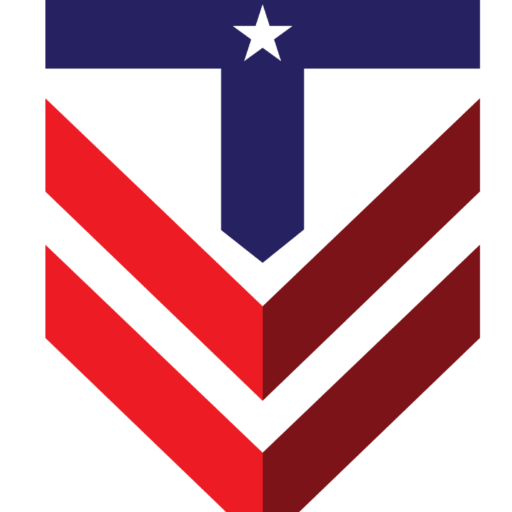Military Veterans: How to Transition Your Skills Into High-Demand Jobs
Transitioning from military service to the civilian workforce can be a challenging journey—but it’s also an opportunity to put your hard-earned skills to work in high-demand industries. As a military veteran, you possess discipline, leadership, adaptability, and problem-solving capabilities that are highly valued in today’s job market. The key is learning how to translate your military experience into language employers understand—and that’s where VeteranJobBoards.com comes in.
In this article, we’ll explore how to identify transferable skills, find high-demand career paths, and use VeteranJobBoards.com to connect with employers actively seeking veteran talent.
Why Veterans Are in Demand Across Industries
Military veterans bring a unique combination of technical expertise, strategic thinking, and mission-focused commitment. Employers across Canada and the U.S. recognize the value of veterans in roles such as:
- Project Management
- Cybersecurity and IT
- Logistics and Supply Chain
- Engineering and Technical Trades
- Healthcare and Emergency Services
- Skilled Trades and Construction
- Law Enforcement and Government Services
The key is matching your military occupation specialty (MOS) or career field to civilian job requirements—and presenting them in a way that resonates with employers.
Step 1: Translate Your Military Skills for Civilian Employers
One of the biggest hurdles veterans face is communicating their military experience in civilian terms. Start by identifying:
- Your technical skills (e.g., equipment operation, cybersecurity, logistics)
- Your soft skills (e.g., leadership, teamwork, time management)
- Your certifications or security clearances that are relevant in civilian roles
Example: A former Army logistics officer can position themselves as a supply chain analyst or operations manager in the private sector.
Step 2: Focus on High-Demand Career Paths
To maximize your career transition, focus on industries actively hiring and willing to invest in veteran talent. Here are a few growing sectors:
Industry | Why It’s a Fit for Veterans |
Technology & Cybersecurity | High demand for problem solvers with security experience |
Healthcare | Opportunities in emergency response and patient care |
Construction & Trades | Practical, hands-on roles with strong career growth |
Transportation & Logistics | Military logistics directly applies to supply chain roles |
Government Services | Many roles prefer or require veteran status |
Step 3: Build a Civilian-Ready Resume and Online Presence
Make sure your resume focuses on:
- Plain-language job titles
- Results and impact statements (e.g., “Improved operations efficiency by 20%”)
- Certifications and achievements
In addition, create or update your LinkedIn profile and join veteran-focused groups to expand your network.
Step 4: Use VeteranJobBoards.com to Find the Right Opportunities
How VeteranJobBoards.com Helps You Succeed
VeteranJobBoards.com is more than just a job search site—it’s a dedicated platform built to support veterans in transitioning to meaningful civilian careers. Here’s how it can help:
Veteran-Friendly Employers: Connect with companies that actively seek to hire veterans, understand your background, and offer supportive work environments.
Job Listings Tailored to Your Skills: Browse curated listings aligned with military experience, making your search faster and more relevant.
Resources and Career Guidance: Get access to resume tips, interview coaching, and guidance tailored specifically for veteran job seekers.
Skill Translator Tools: Quickly convert your military job titles and roles into civilian language that employers recognize.
Nationwide and Remote Opportunities: Whether you’re looking for work locally or seeking a remote role, VeteranJobBoards.com offers a wide range of options.
Step 5: Leverage Your Network and Keep Learning
In addition to using job boards, join veteran career communities, attend job fairs, and seek out mentors who have successfully transitioned. Consider upgrading your skills through certification programs or short courses in fields like cybersecurity, IT, or project management.
Final Thoughts
Transitioning from the military into a high-demand civilian career is a journey—but you don’t have to do it alone. By identifying your strengths, targeting the right industries, and using platforms like VeteranJobBoards.com, you can build a rewarding career that honors your service and unlocks your full potential.
Ready to take the next step? Visit VeteranJobBoards.com today to find veteran-friendly jobs and start your new career with confidence.


